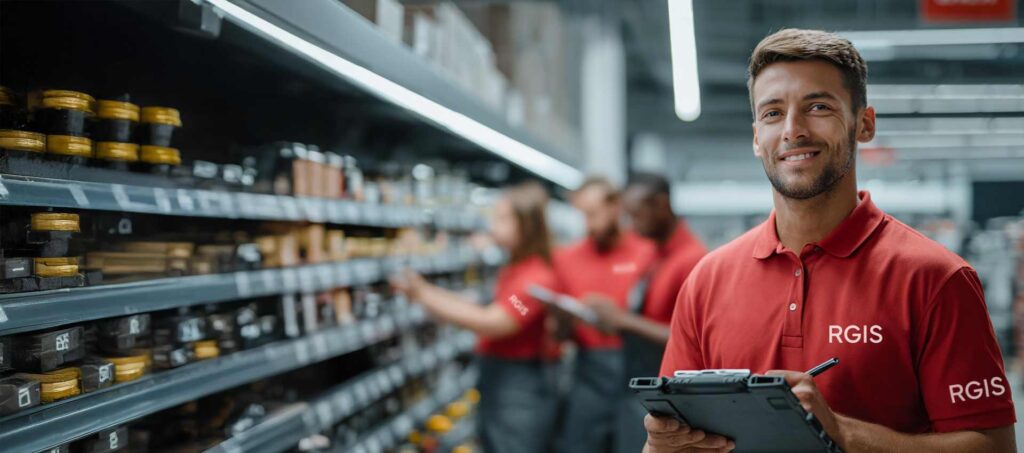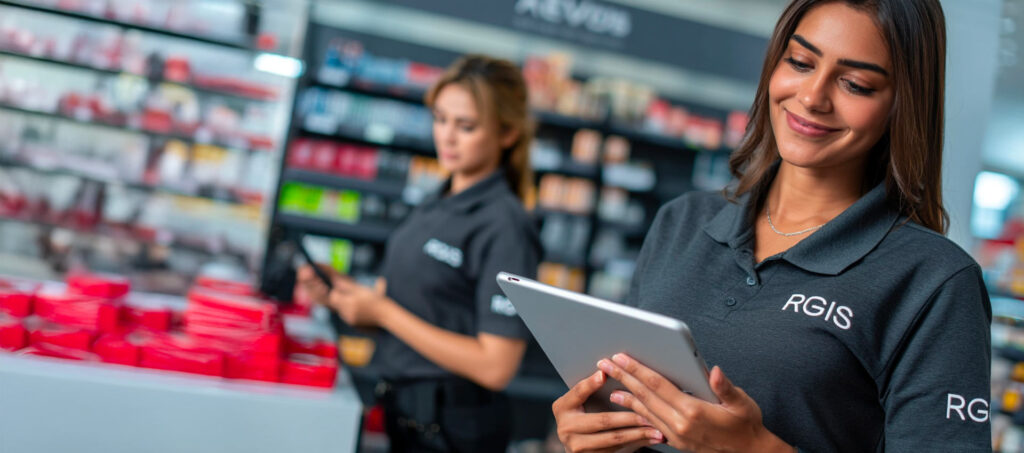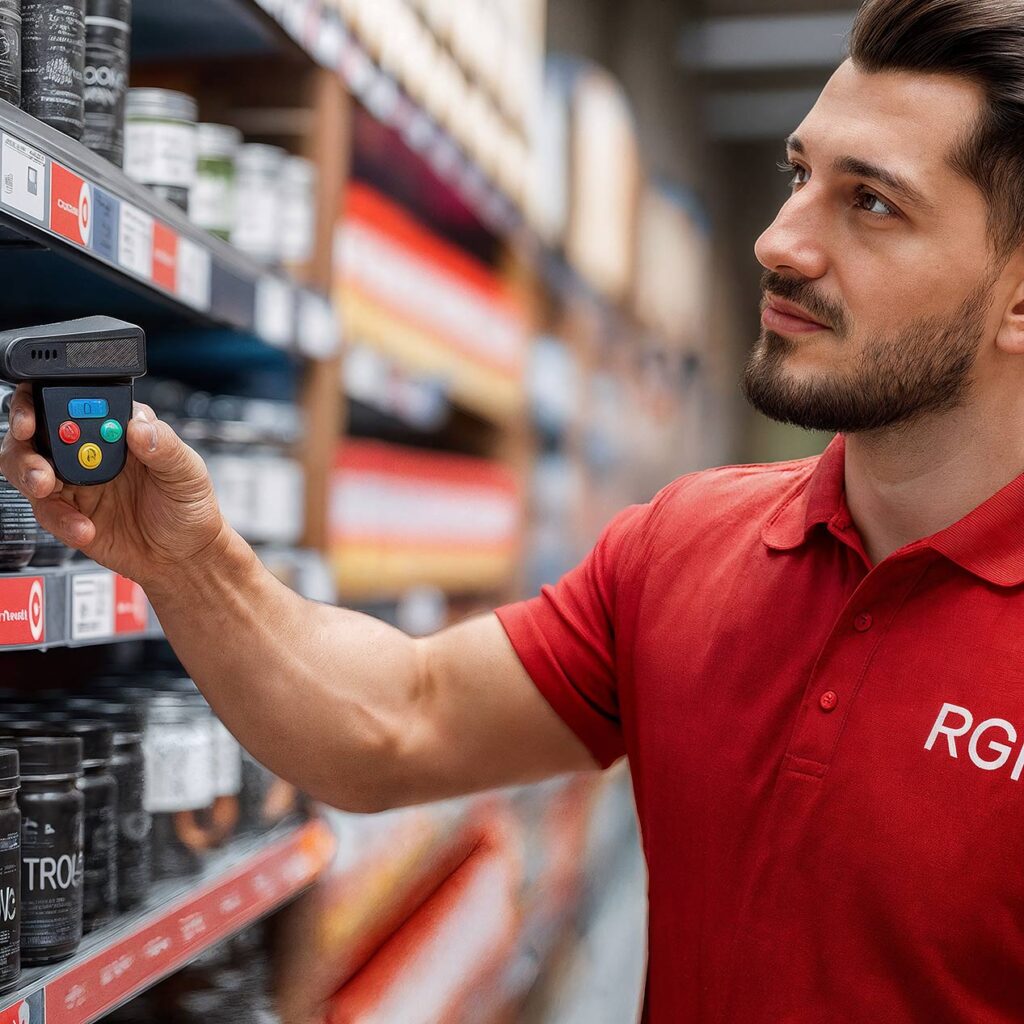Mystery shopping isn’t just a gimmick; it’s a powerful, data-driven tool that can dramatically improve your retail operation. Here’s a breakdown of why your business should be leveraging this service:
1. Unvarnished Customer Perspective:
The biggest advantage of mystery shoppers is that they provide an objective, unbiased view of your customer experience. Employees, by their very nature, are invested in the success of the business and may unconsciously – or consciously – overlook issues or present things in a more favorable light. A mystery shopper, however, is a complete outsider, focused solely on delivering an honest assessment of the store environment, staff interactions, and overall customer journey.
2. Operational Performance Assessment:
Mystery shopper reports go far beyond just “good service” or “poor service.” They are typically structured to evaluate specific aspects of your operation, including:
- Staff Knowledge & Product Expertise: Are employees knowledgeable about your products and able to answer customer questions accurately?
- Sales Techniques & Customer Engagement: Are sales associates using effective techniques to engage customers and suggest relevant products? Are they adhering to company policies regarding upselling and cross-selling?
- Store Standards Adherence: This is critical. Reports detail whether your store is clean, organized, and meets established standards for merchandising, signage, and overall presentation.
- Checkout Efficiency: This includes wait times, cashier friendliness, POS system accuracy, and adherence to loyalty program protocols.
- Visual Merchandising: Mystery shoppers evaluate the layout, product placement, and overall aesthetic appeal of your store, ensuring it’s driving sales.
3. Identifying Problem Areas – Before They Become Major Issues:
A well-designed mystery shopping program can proactively identify issues before they escalate and damage your brand reputation. For example, a report might reveal:
- Training Gaps: If employees are struggling to answer basic product questions, it points to a need for improved training.
- Merchandising Shortcomings: A consistently negative report on visual merchandising could indicate a need for a new layout or updated displays.
- Process Bottlenecks: Long checkout lines or difficulties with the loyalty program can be identified and addressed.
4. Competitive Benchmarking:
Mystery shopping isn’t just about your own store; it’s a fantastic way to compare yourself to your competitors. You can use a mystery shopper to visit competing stores and receive detailed reports on their strengths and weaknesses. This information allows you to:
- Identify Best Practices: Learn what other retailers are doing well and adapt those strategies to your own business.
- Highlight Your Differentiators: Use the competitive data to emphasize what makes your store unique and valuable.
- React to Changes: If a competitor introduces a new promotion or changes its store layout, you can quickly assess the impact and respond accordingly.
5. Measuring the Effectiveness of Training Programs:
After implementing a new training program, mystery shopping provides a valuable way to measure its success. By comparing reports before and after the training, you can objectively determine whether it’s having the desired impact on employee performance.
6. Types of Mystery Shopping Programs:
There are several types of mystery shopping programs to choose from:
- Basic Observation: Shoppers simply observe and record their experiences.
- Structured Reporting: Shoppers follow a detailed checklist, providing specific data points.
- Role-Playing: Shoppers are instructed to engage in specific scenarios (e.g., requesting a discount, returning an item) to assess employee responses.
- Digital Mystery Shopping: Increasingly popular, these programs utilize mobile apps allowing for real-time data collection and feedback.
Choosing the Right Service Provider:
When selecting a mystery shopping service, consider these factors:
- Reputation and Experience: Choose a provider with a solid track record.
- Reporting Capabilities: Ensure they offer the type of reports you need.
- Scalability: Can they accommodate your business’s size and growth?
- Cost: Get quotes from multiple providers and compare pricing structures.
Conclusion:
In today’s customer-centric retail world, understanding your customer experience is paramount. Mystery shopping services offer a powerful, data-driven way to gain this understanding, identify areas for improvement, and ultimately, drive sales and build customer loyalty. Don’t rely on guesswork – invest in a mystery shopping program and start measuring your success.




